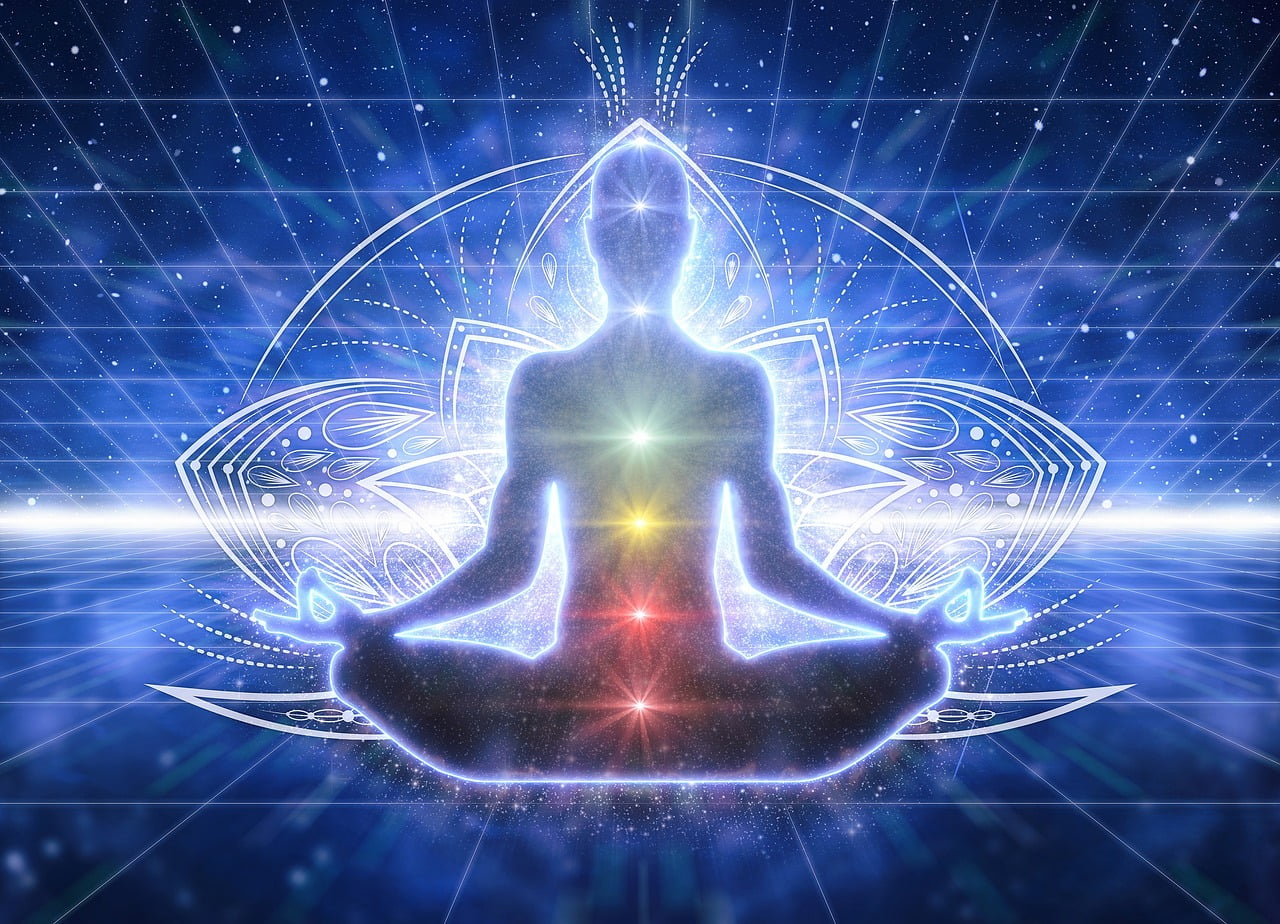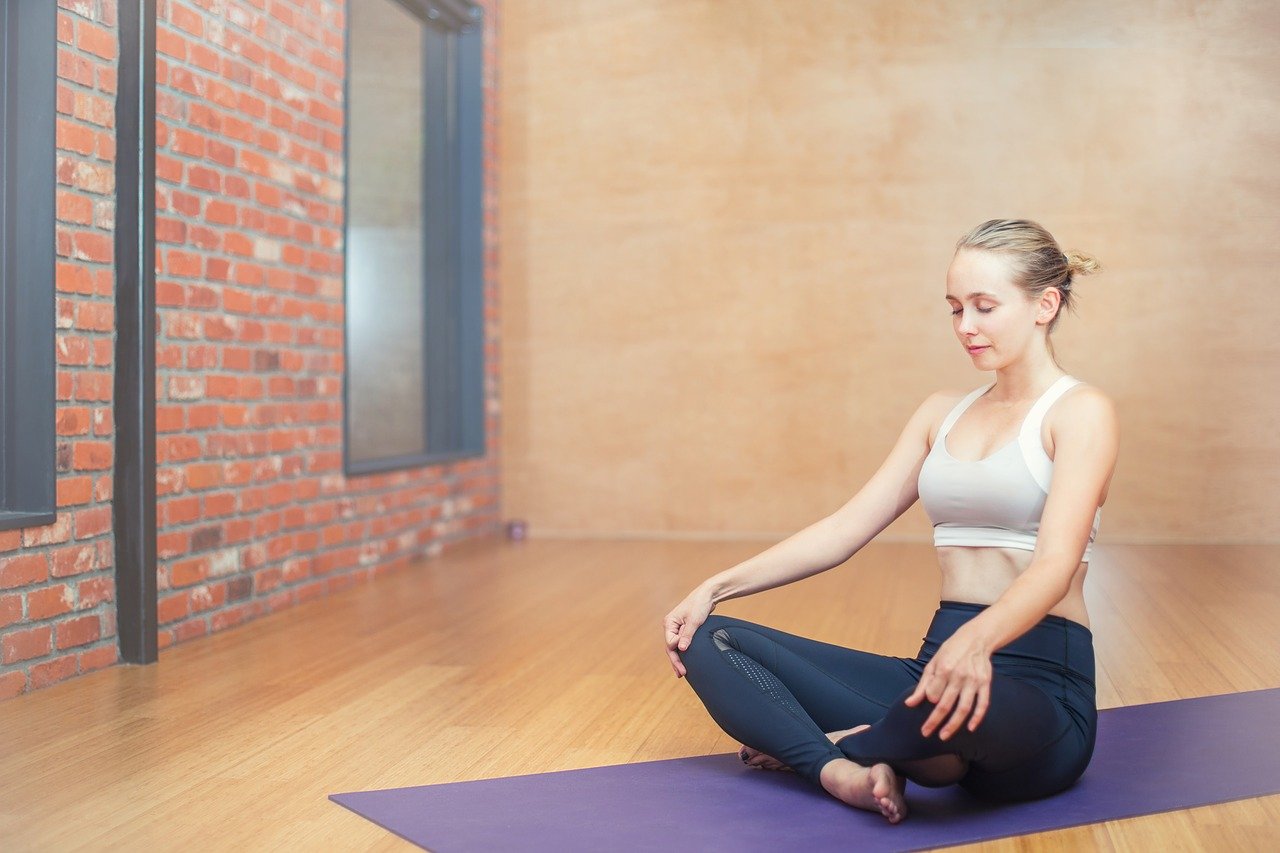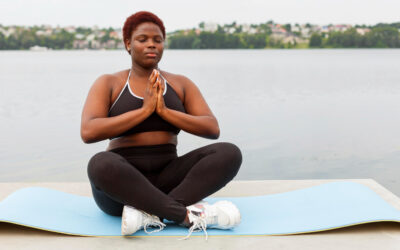Are you curious about spirituality, but don’t know where to begin? You’re not alone! Learning about spirituality and one’s place in the universe can be an exciting journey full of self-discovery and growth. It can also, however, feel a bit overwhelming, especially if you don’t know how to get started or where to look for answers. That’s where this guide on spirituality for beginners comes in. This guide will provide you with everything you need to discover your own path and purpose in life and start your own spiritual journey as soon as today!
What is Spirituality?
Spirituality is the belief in and search for meaning in life. Spirituality is deeply personal and can mean different things to different people. For some, spirituality is found within a religion or faith system, while others may find it through nature, art, science or another form of exploration.
The path of spirituality is often one of self-discovery. You start with an idea of who you are and what you want out of life then set out on a journey that will help you figure out who you exactly want to be and how you want your life to look.
What are the Elements Of Spirituality?
There are 5 elements of spirituality. These are Earth, Fire, Air, Water and Spirit.
Why Should You Start a Spiritual Practice?
Finding your spirituality is one of the best ways to find peace and happiness. And the easiest way to start exploring your spiritual side is by starting a spiritual practice. There are so many different ways you can choose from, but below are some of the most popular ones.
How to Get Started with Spirituality As a Beginners.
There are many different aspects of spirituality and we all have our own idea of what spirituality means to us. For some people, spirituality is an integral part of their life and they incorporate it into everything they do. For others, spirituality may be just a small part of their life that they practice periodically or on special occasions. In any case, finding your spiritual path can be an exciting and liberating process that helps you find meaning in your life.
Here are some steps you can take as you explore the spiritual side of your life:
1. Find The Experienced One.
Find a trusted friend or family member who has experience with spirituality and ask them about their beliefs and how they incorporate spirit into their daily lives.
2. Find a Religious Institution.
Thereafter, find a religious institution like a church, synagogue, mosque, temple, or other place of worship and learn more about their spirituality practices. You could also consider looking at various religious texts to get insight into the spiritual world from different perspectives.
3. Follow Online Resources.
Explore online resources like blogs or videos related to spirituality for beginners so you can see what other people’s experiences are like and learn more about practicing spirituality.
4. Follow Books.
Look up books by authors such as Deepak Chopra and Pema Chodron which offer guidance on integrating spirituality into your life or seeking enlightenment through meditation.
5. Make Connection With Nature.
Spend time in nature and develop a personal relationship with the Earth. Nature has always been a powerful source of inspiration for humanity because it is where we originate.
It offers beauty and wonderment that few other things can rival, reminding us of our smallness in comparison to its grandeur but also making us feel connected to something greater than ourselves.
| Read Now: How Do You Maintain Your Mental Health? |
6. Involve in Activities.
Identify what types of activities you enjoy doing most during your free time (things like reading, painting, writing) and then use those activities as opportunities for self-reflection. What does such activity make you think about? When do these thoughts come? What emotions arise when I am doing this activity? How do I feel after doing such activities? Do my thoughts change depending on my mood or if the environment around me changes? Being mindful of what you’re thinking while you’re engaged in an activity will help you understand yourself better and become aware of things you might not have noticed before.
These activities don’t have to be spiritual either; anything can be used as a medium for self-reflection. Whatever your favorite form of expression, use it as an opportunity to contemplate your own inner life.
Different Types of Spiritual Practices For Beginners.
There are many different ways of expressing spirituality for beginners and connecting with your higher self. Spiritual practices can be used for meditation, yoga, prayer or deep contemplation.
They also might involve physical rituals like fasting or volunteering at a soup kitchen. Different religions have their own spiritual practices, but you don’t have to be religious in order to connect with the Divine. Here are some of the most common spiritual practices you might want to explore:
1. Meditation.
This is an ancient practice that includes sitting in silence and focusing on your breathing while clearing your mind of thoughts. Some people use guided meditation apps or YouTube videos as a way to stay connected with themselves even when they can’t meditate in person. This will help not only with anxiety, but also with depression and stress levels.

As a beginner, it is always best to start with chakra meditation. There are 7 chakra; they are Root Chakra, Sacral. Solar Plexus, Heart, Throat, Third Eye and Crown Chakra. The chakra meditation will help you to be in the path of spirituality. But it all depends on how you put effort.
2. Yoga.
It is an ancient practice that combines physical activity with mental and spiritual disciplines that have been used for centuries in India as part of their religious ceremonies.

Yoga incorporates postures, breath work and other exercises. It’s practiced by followers of Hinduism, Jainism, Buddhism, Sikhism and others. However it is also practiced in all over the world due to its several health benefits.
| Read Now: What is Magical Quantum Exercise? |
3. Prayer/Prayer beads.
Prayer beads are typically beads which represent each of the five prayers Muslims must recite during every ritual prayer (salat). Muslims often perform ritual prayers five times per day.
4. Fasting.
Fasting involves abstaining from all food and sometimes water too, either for a certain time period or until completion of a specific goal. For example, Muslims fast during Ramadan while Jews fast during Yom Kippur.
Many Christians fast before taking communion, though Catholics only fast on Fridays. But anyone who wants to try it can experiment with fasting for periods of time, from one meal a week to once a month to see how it makes them feel mentally and physically.
5. Volunteer Work.
Volunteering not only helps those in need, it helps make us feel better about ourselves. Studies show that people who volunteer regularly have lower rates of depression and anxiety than those who don’t volunteer.
You may choose to volunteer just one day a year or do so more frequently, whatever feels right for you. And if you’re looking for a cause to support, here are three ideas:
- Feeding America provides food to millions of people struggling with hunger.
- Habitat for Humanity builds residence for families in need.
- American Red Cross aids victims of natural disasters.
The list goes on and there are plenty of opportunities out there! Just remember: no matter what type of spiritual practice you choose, it should bring you peace. Remember, this is YOUR journey. What you find along the way will depend on what you are meant to find.
If you feel drawn to a particular tradition or belief system, then go for it. If not, keep searching and eventually you will find what suits your personality and needs best. Spirituality is personal and intimate. Find a connection that effective for YOU.
Common Mistakes To Avoid In Spiritual Practice.
1. Choose The Right One.
Assuming you know what the right spiritual path is for you. There are countless paths and practices, and there are many ways of interpreting spirituality. It’s important to explore your thoughts and feelings about what works best for you.
2. Incomplete Knowledge.
If you’re looking into new spiritual practices, take time to learn about their history, roots, and benefits before trying them out, this will help you avoid getting frustrated or feeling like they’re not working if they don’t align with your beliefs or personality type.
3. Irrelative Compare.
Thinking that every new idea is better than the one that came before it – this isn’t true!
4. Irregular Practice.
Even if you can only manage a few minutes each day, regular practice will bring positive changes to your life. Practicing the same thing over and over again, expecting different results- just because something hasn’t worked in the past doesn’t mean it won’t work now.
6. Expecting Immediate Results.
While some may come immediately (sometimes we need a little push), change can be slow going at first as we shift habits and form new patterns of behavior; be patient with yourself as your life shifts in meaningful ways.
7. Taking on Too Much Too Quickly.
Remember to focus on one practice at a time, making small but meaningful changes over time. One helpful way to do this is through daily mindfulness meditations. Start by focusing on breath for five minutes, then gradually build up from there to 20 or 30 minute sessions.
You’ll find that after awhile you’ll naturally gravitate towards longer sessions – sometimes our minds actually enjoy dwelling in deeper states of awareness!
8. Lack of Physical Attention.
Another thing worth mentioning is the importance of grounding ourselves physically in addition to being present mentally. Everyone have a natural desire for physical activity, so go outside and move around when possible.
9. Self Care.

Lastly, never forget that self-care goes hand-in-hand with mindful living; always make sure to care for your body by eating well and getting enough sleep–you deserve it.
Tips for Maintaining a Spiritual Practice.
Finding a spiritual practice can be difficult, but it’s worth the time and effort. Don’t be afraid of change or failure. If you find something that doesn’t resonate with you, try something else. Try out different religions and practices until you find the one that feels right.
You might find a new one in the process. There are many ways to stay connected with your spirituality too. Spend time meditating, praying, or doing yoga. Attend religious services on Sundays and Wednesdays.
Keep reading about your faith online or in books. Look for communities online where people share their experiences with spirituality and connect with others who share similar beliefs as you do.
Best books on spirituality for beginners.
You want a spiritual guide, but you’re not sure where to start. Whether you’re just starting on your spiritual journey or looking for a new perspective, here are some of the best books on spirituality for beginners out there.
1. Gods in Everyman by Joseph Campbell.
This book is an exploration of the commonalities between different world religions and philosophies. It’s also one of the most accessible books on this list with straightforward language and deep insights into diverse traditions.

2. A New Earth by Eckhart Tolle.
This book was written as Tolle’s answer to our collective state of depression, anxiety, violence and environmental destruction. A series of succinct chapters offers readers a way to free themselves from pain-causing ego structures like negativity, pessimism, guilt and self-pity.
3. Buddhism Without Beliefs by Stephen Batchelor.
This book offers an introduction to Buddhism without getting bogged down in religious dogma. Some may find it strange that such a secular account comes from someone who is ordained as both a Buddhist monk and Zen teacher.
But Batchelor argues that we needn’t believe anything if we can still experience enlightenment while living in the world rather than abandoning it. If you’re interested in exploring how Buddhism relates to modern society and don’t mind tackling big ideas, give this book a read.
4. Black Elk Speaks written by John G. Neihardt.
In Black Elk Speaks, Black Elk tells his own story about growing up Lakota during the nineteenth century when the Western world encroached upon Native American culture. We follow him through childhood games with friends; hunting buffalo on horseback; receiving visions telling him he must become a holy man; encountering enemy warriors at Little Big Horn; meeting Buffalo Bill and other Europeans during Wild West shows; traveling East with Buffalo Bill’s Wild West show during WWI; fighting against U.S. government forces in North Dakota.
Along the way, we learn more about Lakota history, religion and social structure. By reading Black Elk’s firsthand account of what it means to live as a Native American in turbulent times, non-Natives might be able to better understand what life has been like for people on the reservation over time.
5. Waking Up by Sam Harris.
This book is for those who have had trouble meditating or feel intimidated by Eastern mysticism, this book provides an approachable explanation of why meditation is worth giving another try.
Frequently Asked Questions.
What is Kemetic spirituality for beginners?
Kemetism is generally worship a few gods, however they recognize the existence of all deities. Worship usually consists of prayers and the construction of altars – though these practices are not compulsory.
Bottom Line.
Finding your spirituality as a beginners can be daunting and time-consuming. But don’t give up! There are many ways to find what resonates with you, and this is the best guide on how to start that journey. Whether you’re religious or not, there is a spiritual path waiting for you. And once you find it, it will change everything about who you are.
One of the hardest parts of starting a spiritual practice is knowing where to begin. How can you know what path is best for you? Well, the truth is, you have to feel it for yourself. Don’t worry about jumping into anything that doesn’t seem right or going through with practices that are difficult for you–no spiritual practice should be uncomfortable or painful.
Instead, find a connection that works for YOU. The best place to start is with something small and simple like prayer beads or doing 10 minutes of meditation a day. Once you find something you enjoy and feel good doing, take it on as a daily habit and allow your spiritual life to grow organically over time.

 Workout
Workout
 Meditation
Meditation


 Stories
Stories


 Podcast
Podcast E-book
E-book










